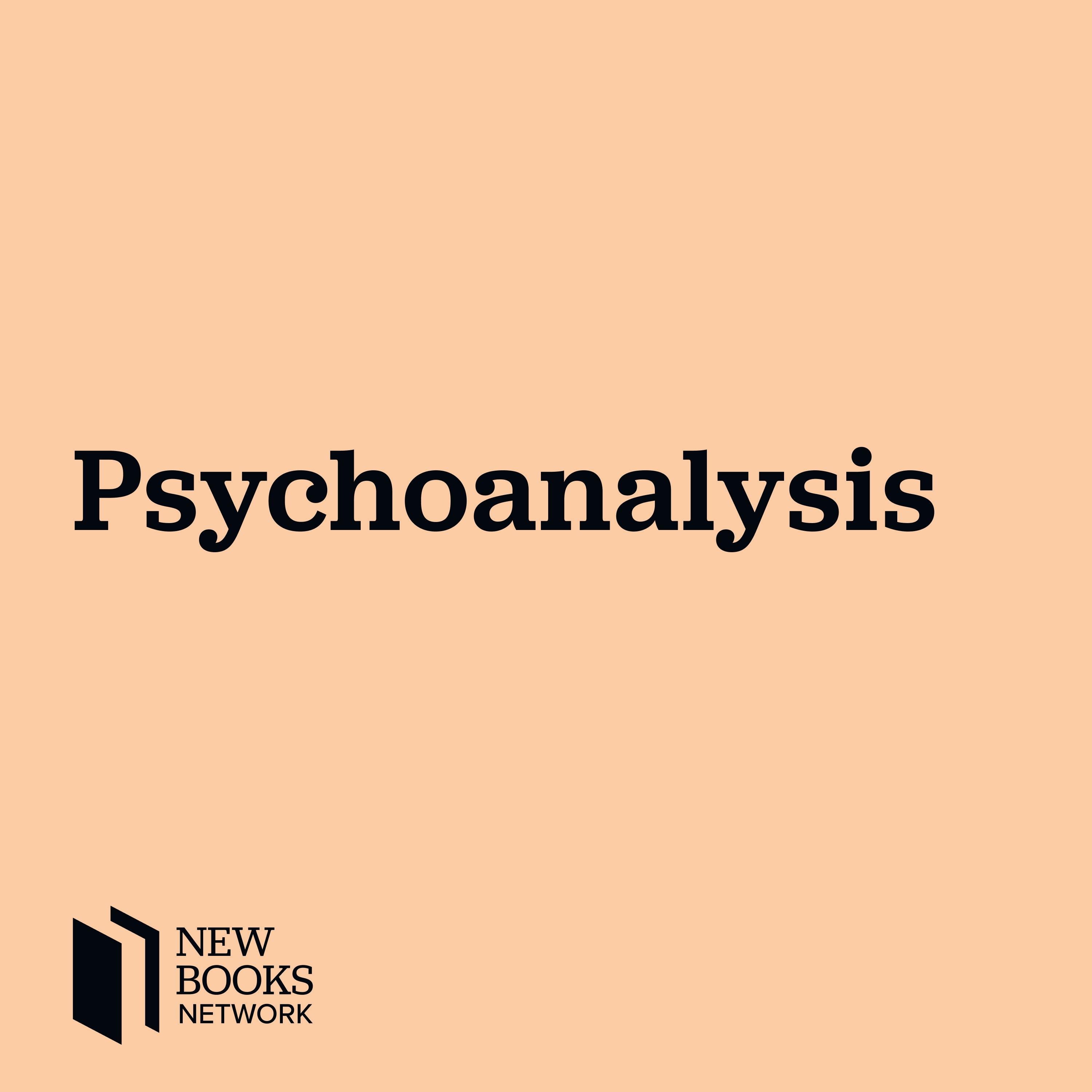NBN Classic: Jonathan Sklar, "Dark Times: Psychoanalytic Perspectives on Politics, History and Mourning" (Phoenix, 2018)
Description
"Although small, this book goes against the grain of the current trend for brief soundbites that allow us to pass swiftly over painful information. It will go into the details of some extremely dark occurrences, not to glorify cruelties, but in order to understand them, as well to give thought to the individuals who suffered them. In turn, this will provide the reader with greater access to things residing in the unconscious."
In Dark Times: Psychoanalytic Perspectives on Politics, History and Mourning (Phoenix Publishing House, 2018), Dr Jonathan Sklar presents us with a book of unsettling stories about the heinous crimes of Nazi Germany, the brutal attacks perpetrated by ISIS and the continued racist structure of the very fabric of US politics and discourse, just to name a few.
Some of these stories are difficult to take in: The visceral descriptions can only be read in a psychosomatic sense. The strength of psychoanalytic thinking about political and historical violence lies in how close we get to the object of study.
In the consulting room we cannot help to feel with the analysand. The histories and phantasies of violence leave an impression. The book argues to face history and reality in order to reckon with the marks that collective violence has left and continues to leave on the individual psyche.
This is no random endeavour : A greater conscious awareness of the dark times we have lived through and of the racist, anti-semitic, familicidal characters within us, we get a chance to mourn all that was lost in and around us - a chance to hopefully at times break the cycle of endless repetition.
In between this psychoanalytically informed reading of history, politics and their relation to the individual psyche, Sklar leaves room for applying the analysis of the histories of trauma and mourning to groups like psychoanalytic societies and institutes. Here especially, the close examination of obstacles to recognition of the Other, rooted in deeply unconscious phantasy, bears fruit.
One way out might be offered through the practice of listening « contrapuntally » - a way of listening in which the barrier to recognition is actively faced, confronted and worked through.
Dr Jonathan Sklar, MBBS, FRCPsych is a training and supervising psychoanalyst of the British Psychoanalytical Society.
Sebastian Thrul is a psychiatrist and psychoanalyst in training in Germany and Switzerland. He can be reached at [email protected].
Learn more about your ad choices. Visit megaphone.fm/adchoices
Support our show by becoming a premium member! https://newbooksnetwork.supportingcast.fm/psychoanalysis
More Episodes
Analyzed by Lacan: A Personal Account (Bloomsbury, 2023) brings together the first English translations of Why Lacan, Betty Milan's memoir of her analysis with Lacan in the 1970s, and her play, Goodbye Doctor, inspired by her experience.
Why Lacan provides a unique and valuable perspective on how...
Published 04/15/24
By viewing psychoanalysis through the lens of embodiment, Brothers and Sletvold suggest a shift away from traditional concept-based theory and offer new ways to understand traumatic experiences, to describe the therapeutic exchange and to enhance the supervisory process.
Since traditional...
Published 03/05/24
Today I spoke with Dr. Louis Rothschild about his new book Rapprochement Between Fathers and Sons Breakdowns, Reunions, Potentialities (Karnac, 2024). Our conversation moved freely between theory, generational attitudes, thinkers, and personal vignettes.
What is a good enough father? What is the...
Published 03/04/24


